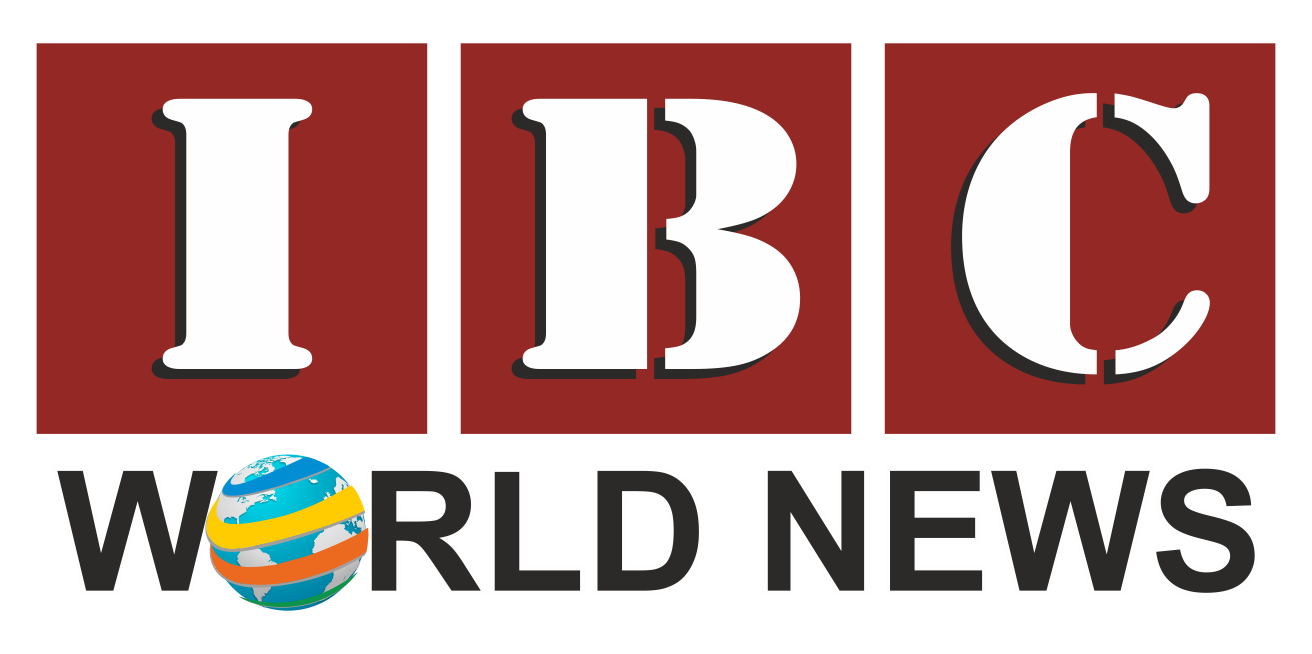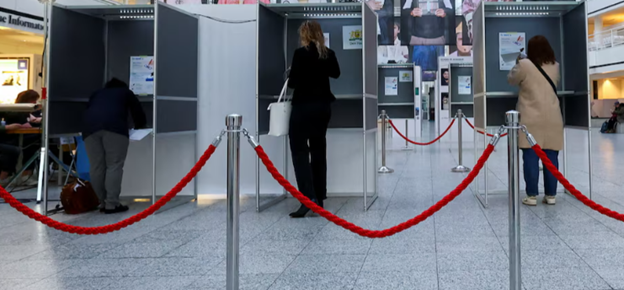Wilders’ PVV, initially leading polls, has lost ground but remains competitive, reflecting Europe’s polarization; he campaigns on strict immigration, ending foreign aid, and prioritizing Dutch citizens
THE HAGUE
Dutch voters headed to the polls on Wednesday in a closely watched election seen as a major test for Europe’s far-right movement. The vote will determine whether populist leader Geert Wilders can turn his anti-immigration message into a governing majority or if centrist forces will regain control.
Wilders’ Party for Freedom (PVV) had led early polls but has since lost ground to centrist rivals. Despite this, his party remains in contention, reflecting Europe’s growing polarization over immigration, the economy, and national identity. Wilders, an admirer of former US President Donald Trump, has campaigned on halting asylum seekers, ending foreign aid, and prioritizing Dutch citizens first — policies critics say breach EU treaties.
However, other major parties, including the Christian Democrats, VVD, and D66, have ruled out forming a coalition with him, making his path to power difficult unless he achieves an overwhelming win.
“Dutch elections are increasingly unpredictable,” said Christian Democrat leader Henri Bontenbal, calling the vote a fight against populism. D66 leader Rob Jetten urged cooperation among moderate parties, saying positive, centrist politics could “defeat populists.”
Wilders brought down the previous conservative coalition in June after disputes over refugee policies. Despite his polarizing image, he retains loyal support in towns like Volendam, where voters say they trust him to protect national interests.
With nearly half of Dutch voters undecided before election day, analysts predict long coalition talks ahead. The first exit poll results are expected at 9 p.m. local time, offering early clues about whether Europe’s far-right tide will rise again — or begin to ebb.



